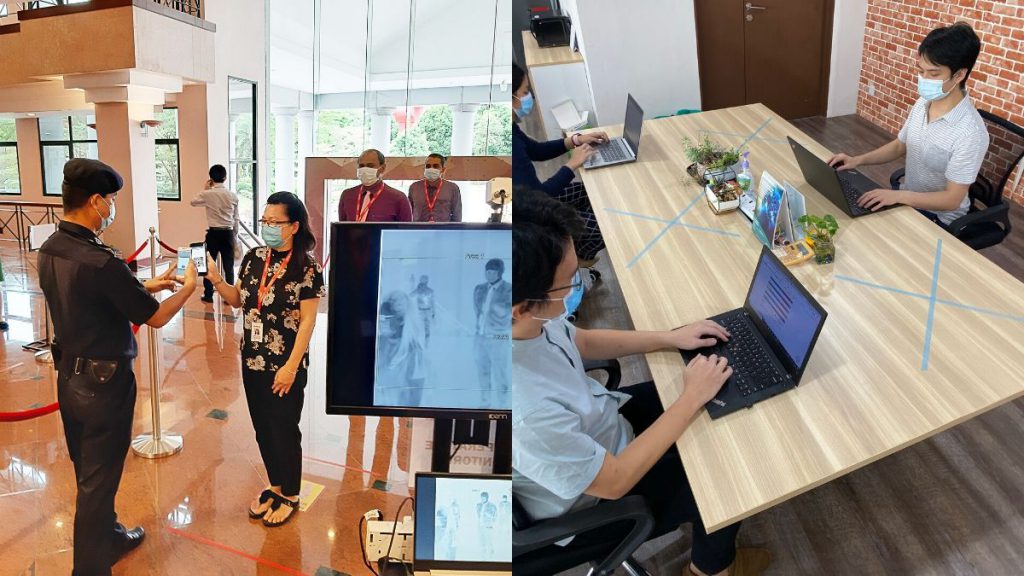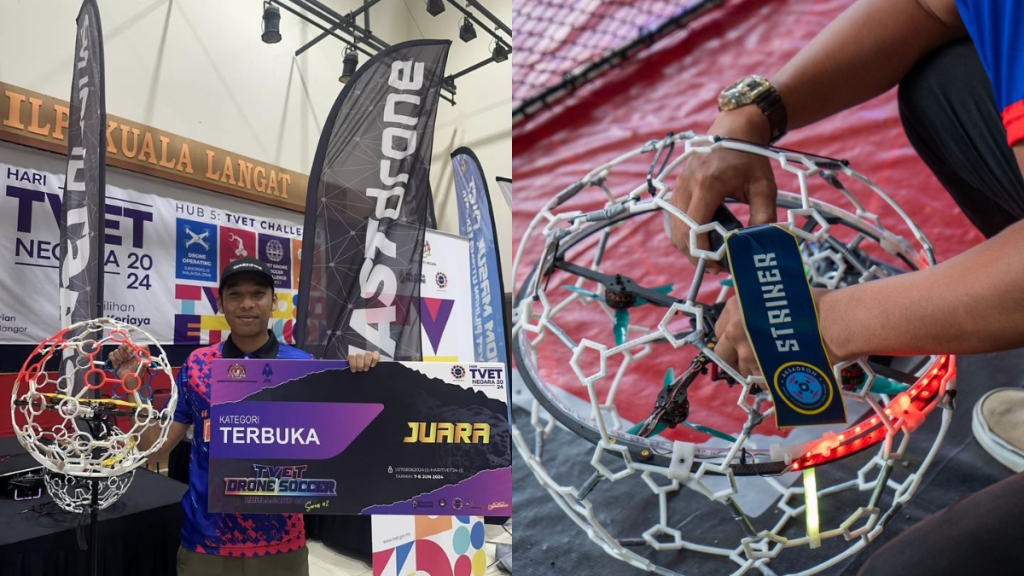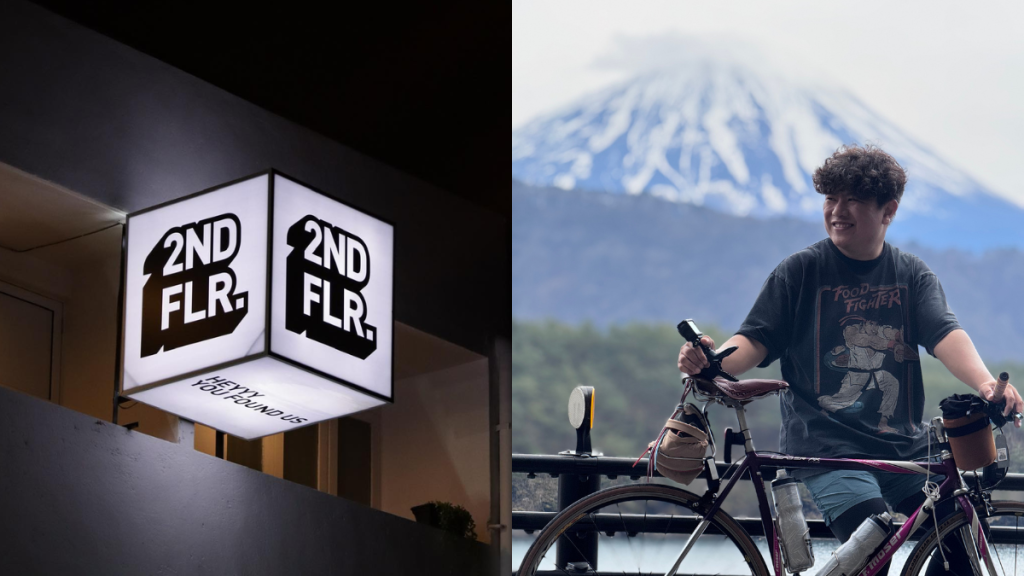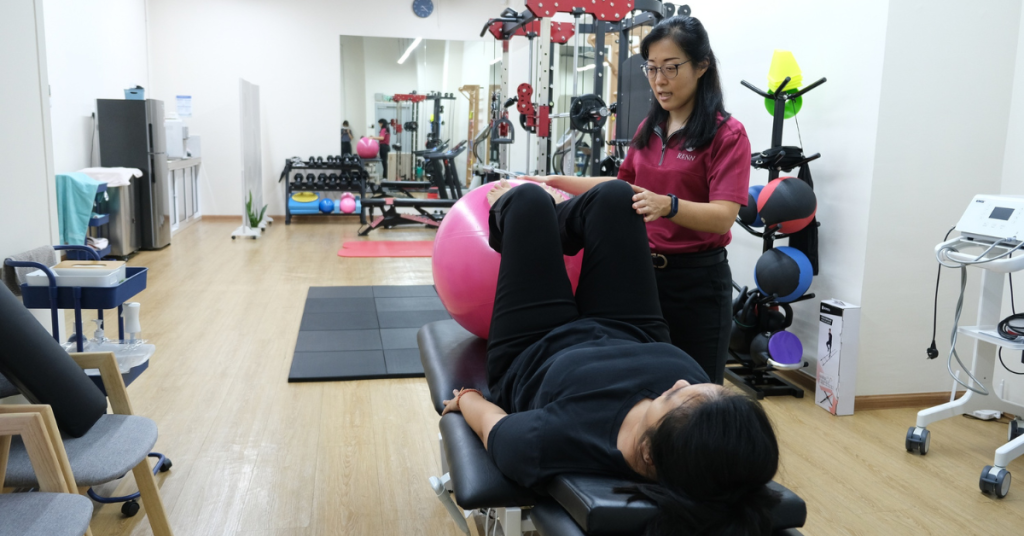Author’s Blurb: Thanks to the CMCO, some companies have begun returning to their offices with strict SOPs in place, following the guidelines set by the government. Over at Vulcan Post, we’re waiting out the entire MCO period and monitoring the situation before making a decision, but man, I do miss our office a lot.
Therefore, slightly envious, I reached out to a variety of Malaysian offices, big and small, to learn what safety SOPs they would be implementing or updating as they return to their offices.
As you can expect, increased sanitisation and hygiene practices are being implemented everywhere, from hand washing to disinfecting every exposed surface and wearing face masks.
But what more lies beyond that? A lot more, according to these companies.
1. Set Rulebooks Or Handbooks
The first rule of thumb is always to ensure that everyone is on the same page about how the company is handling COVID-19 and social distancing.
For a larger company like Sunway, they had a Sunway Crisis Management Team (SCMT) that implemented the Sunway COVID-19 Guidelines and Preventive Measures. At Nestlé Malaysia, they’ve also implemented a company-wide Access Control Policy.
Perhaps for a smaller company, sending out a company-wide email that’s concise in its instructions and reasoning behind them would be sufficient.
2. Carry Out Temperature Checks
Temperature checks are one of the easiest ways to immediately identify if you should let someone into your premises or not.

If your company or your building management can afford it, it should definitely be one of the first layers of screening before entry, as Sunway and Nestlé Malaysia have implemented.
Furthermore, Nestlé Malaysia records the daily temperature readings for reference, and Sunway logs their visitors.
3. Codes For Entry
Sunway has now made it mandatory for employees to complete a digital self-declaration form about their current health, recent travel history, interactions with confirmed or suspected COVID-19 cases, and recent attendance of mass gatherings.
This is done daily, and taking it one step further, the corporation also implemented QR codes that are valid for only one day and generated upon the completion of the form.
MaGIC’s staff are required to scan a barcode at the lobby to register themselves and aid in contact tracing efforts.
If you’re looking to implement something similar in your office building, you could opt for CovCT, which is a free platform where individuals can register after scanning a QR code.
4. Extended WFH For Some Employees
Now that we’ve all become quite familiar with WFH culture, companies see the implementation of voluntary WFH policies as a solution to reduce the number of employees in the office per day.
Nestlé Malaysia has implemented voluntary WFH throughout the month of May, and this works to their advantage as well since their employees need to access high traffic areas like elevators to get to their office.
Employees who work for Protemp Exhibitions & Conferences Sdn Bhd (Protemp), who organises, manages and represents established trade exhibitions and conferences in Southeast Asia, can also opt for the same as they self-monitor their condition.
MaGIC is being a little more strict by allowing only 20 employees in the office per day, so the rest will still be WFH.
5. Split Operations
If you’d prefer a more organised way of regulating employee size, you could introduce split operations.
This enables different groups of employees to work in various locations in the office, at home, or even on an alternate schedule.
Ejen2u, a cloud management platform, split its team into 3 groups: Management, Developers, and Customer Service & Support. Only the latter team is allowed in the office, as it offers a better environment in terms of noise reduction and internet connectivity that are integral to their work.
6. Foot Operated Doors
Nestlé Malaysia has modified its doors to become foot operated, where you simply use your foot to pull the doors open instead of your hands.
7. Rearrange Seating Arrangements
Protemp places a 6 to 10-foot spacing between each employee, leaving some tables empty to facilitate this.
At DoctorOnCall, only 4 people are allowed at a desk at any one time, and seats are being treated like hot desks at a coworking space, as different employees enter and leave the office daily.
Ejen2u’s employees no longer work in their usual open area, instead utilising several rooms and placing only 2-3 employees in each one at a time.
8. Bring Your Own Prayer Materials
The sejadah (praying mat) and telekung (prayer garment for Muslim women) are objects that come into very close contact with people as they pray, so Sunway implemented a rule for employees to bring their own for safety measures.
9. Social Distancing Markers Everywhere
While many of us might be more conscious of social distancing now, it still helps ease our minds when we can see visual markers that tell us where to stand or sit.
Whether it’s in the elevators, cafeteria, prayer rooms, or meeting rooms, boxing off areas according to the standard social distancing measurements with something as simple as tape would be enough to help.
10. Limit Access To Frequented Shared Spaces
We all love our office pantries and need our toilets, and being aware of this, some companies have imposed certain measures to reduce traffic in these areas.
At Sunway, only 2 employees are allowed into the pantry and toilet at any one time, while Nestlé Malaysia limits the number of basins and stations in the washrooms.

For Protemp and DoctorOnCall, only 1 employee is allowed into the pantry at a time. No more water cooler chit-chats for the time being then.
11. Stricter Meeting Guidelines
Meeting rooms are naturally places where people will gather and sometimes spend long hours in, so some companies have imposed certain guidelines for safety:
- MaGIC has an approval process for whether physical meetings should even take place at all, and it’s governed by their CEO or VP People. They also have a 10-person limit in meeting rooms.
- If any meeting at Nestlé Malaysia requires more than 10 people, they will need their CEO’s approval.
- DoctorOnCall has a maximum of 3 employees in a meeting, and they carry out short stand-up meetings, going as far as stacking and removing their chairs from the meeting rooms.
- At Ejen2u, since they’re already split between rooms, they will use Zoom to conduct their meetings even if they’re in the office at the same time. This also enables their WFH employees to be a part of the conversation.
12. Restrict Visitors Unless Necessary
The majority of companies we spoke to have held off on allowing visitors into their offices for the moment, but Sunway will still accept them only if it’s absolutely necessary.
So, any visitors of theirs will have to fill up a declaration form 48 hours prior to visiting, and will be required to wear face masks and adhere to social distancing at all times.
They don’t allow walk-in visitors, and this is something I believe every company should adopt, even with contact tracing efforts.
13. Rules For Getting Food
Sunway actually developed its own online and mobile app booking system for their cafeteria, so employees are required to use that system to order their food, and they’ll pay with e-wallets or debit cards. Dine-ins are still restricted.
At Ejen2u, they keep things simpler by sending out one employee to take-away food for everyone, or opt for food delivery.
Bottom Line: Depending on the office culture you’re familiar with, some of these measures might sound a bit drastic (for me, it’d be how DoctorOnCall takes out their meeting room chairs), but I understand why it would be better to be overly-cautious and strict in the beginning. After all, you could always monitor the effectiveness of these measures and make adjustments later.
- You can read more about what we’ve written on the movement control order here.
Feature Image Credit: Sunway / DoctorOnCall




















